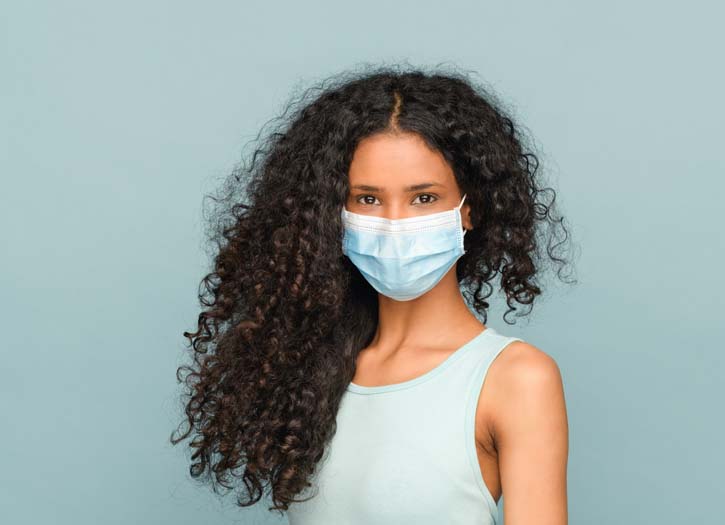Management of COVID-19 is usually done through supportive care, which may include fluid therapy, oxygen support, and supporting other affected vital organs. The CDC recommends those who suspect they carry the virus wear a simple face mask. Extracorporeal membrane oxygenation (ECMO) has been used to address the issue of respiratory failure, but its benefits are still under consideration. Personal hygiene and a healthy lifestyle and diet have been recommended to improve immunity. Supportive treatments may be useful in those with mild symptoms at the early stage of infection.
For symptoms, some medical professionals recommend paracetamol (acetaminophen) over ibuprofen for first-line use. The WHO and NIH do not oppose the use of non-steroidal anti-inflammatory drugs (NSAIDs) such as ibuprofen for symptoms, and the FDA says currently there is no evidence that NSAIDs worsen COVID‑19 symptoms. While theoretical concerns have been raised about ACE inhibitors and angiotensin receptor blockers, as of 19 March 2020, these are not sufficient to justify stopping these medications. One study from 22 April found that people with COVID‑19 and hypertension had lower all-cause mortality when on these medications. Steroids, such as methylprednisolone, are not recommended unless the disease is complicated by acute respiratory distress syndrome.
Precautions must be taken to minimize the risk of virus transmission, especially in healthcare settings when performing procedures that can generate aerosols, such as intubation or hand ventilation. For healthcare professionals caring for people with COVID‑19, the CDC recommends placing the person in an Airborne Infection Isolation Room (AIIR) in addition to using standard precautions, contact precautions, and airborne precautions. The CDC outlines the guidelines for the use of personal protective equipment (PPE) during the pandemic. The recommended gear is a PPE gown, respirator or facemask, eye protection, and medical gloves.
Most cases of COVID‑19 are not severe enough to require mechanical ventilation or alternatives, but a percentage of cases are. The type of respiratory support for individuals with COVID‑19 related respiratory failure is being actively studied for people in the hospital, with some evidence that intubation can be avoided with a high flow nasal cannula or bi-level positive airway pressure. Whether either of these two leads to the same benefit for people who are critically ill is not known.
Severe cases are most common in older adults (those older than 60 years, and especially those older than 80 years). Many developed countries do not have enough hospital beds per capita, which limits a health system’s capacity to handle a sudden spike in the number of COVID‑19 cases severe enough to require hospitalization. This limited capacity is a significant driver behind calls to flatten the curve. One study in China found 5% were admitted to intensive care units, 2.3% needed mechanical support of ventilation, and 1.4% died.
In February 2020, China launched a mobile app to deal with the disease outbreak. Users are asked to enter their name and ID number. The app can detect ‘close contact’ using surveillance data and therefore a potential risk of infection. Every user can also check the status of three other users. If a potential risk is detected, the app not only recommends self-quarantine, it also alerts local health officials. In March 2020, the Israeli government enabled security agencies to track mobile phone data of people supposed to have coronavirus. According to the Israeli government, the measure was taken to enforce quarantine and protect those who may come into contact with infected citizens.
The Association for Civil Rights in Israel, however, said the move was “a dangerous precedent and a slippery slope”. Also in March 2020, Deutsche Telekom shared aggregated phone location data with the German federal government agency, Robert Koch Institute, to research and prevent the spread of the virus. Individuals may experience distress from quarantine, travel restrictions, side effects of treatment, or fear of the infection itself. To address these concerns, the National Health Commission of China published a national guideline for psychological crisis intervention on 27 January 2020.







Add Comment
You must be logged in to post a comment.